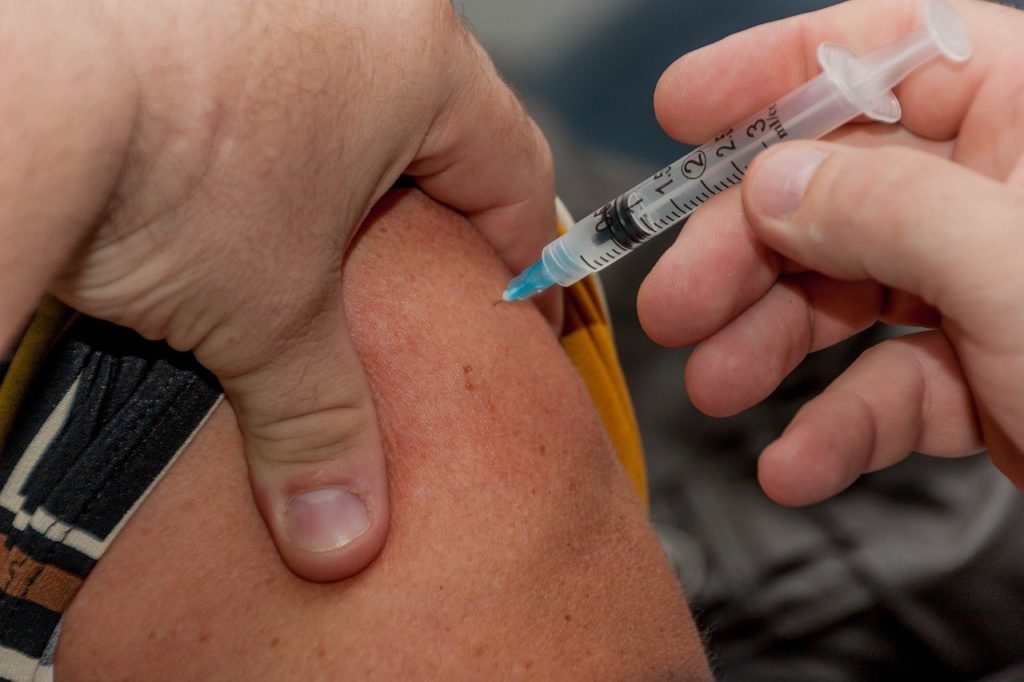Belgium will receive fewer doses of the Pfizer/BioNTech vaccine against Covid-19 than the 600,000 expected in January, the health ministry confirmed.
The reason given by Pfizer, based in Puurs in Antwerp province, is a problem on the production line. And Belgium is not alone in being affected.
“Pfizer has informed the EU that the promised 25 million doses for the end of December will not be achieved,” a spokesperson for health minister Frank Vandenbroucke said.
Belgium’s delivery forms part of a package for the whole of the EU, who took over negotiations for the supply of several different viruses after some of the smaller member states of the EU complained that they were being pushed out of the market by larger countries with more market muscle.
Pfizer is the first vaccine to receive approval from the EU’s medicines agency, and is seen as the key to removing the restrictions that are in force all over Europe. Other vaccines, meanwhile, are waiting in the wings.
The company has promised that any backlog will be worked away in February, to allow vaccination schedules to continue as planned. According to the health ministry, the start of the programme will be on 5 January as planned, however many doses are available.
Other countries have suffered the same problem. The Netherlands had expected one million doses in January, but will receive only half of that. The UK, the first to approve the vaccine, has the same problem, receiving only five million of the ten million doses awaited.
According to the Financial Times, the problem is a shortage of lipid particles used to enable the transport of the RNA material that makes up the active content of the vaccine through the body. Without those fatty particles, RNA breaks up when it comes into contact with the body’s own blood and other cells.
Pfizer said, “Scaling up the raw materials supply chain took longer than expected.”
Belgium is expecting a total of five million doses of the Pfizer vaccine, as well as 30.76 million doses of four other vaccines still in the pipeline.
“The adjustments to our production lines in the US and Europe are now fully completed and vaccine doses are currently being made at a rapid pace,” Pfizer said in a statement.
“Based on current forecasts, we expect to produce up to 50 million vaccine doses worldwide by the end of this year. We are confident that by the end of 2021 we will be able to deliver up to 1.3 billion doses as indicated.”
Alan Hope
The Brussels Times

